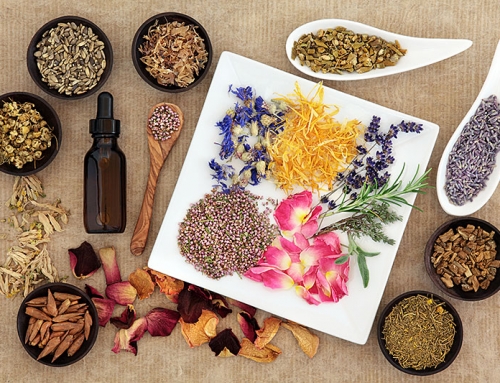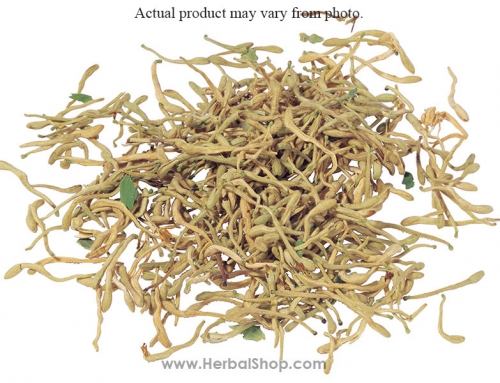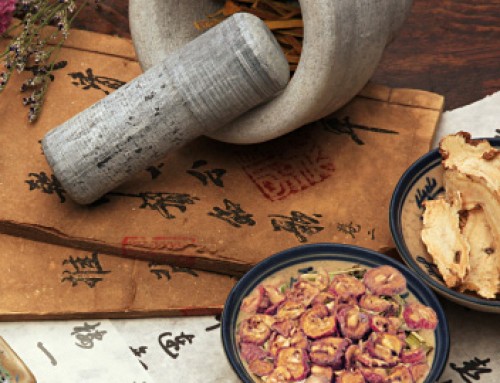車前子
 Plantain seed (Cheqianzi)
Plantain seed (Cheqianzi)
Pharmaceutical Name: Semen plantaginis
Botanical Name: 1. Plantago asiatice L.. 2. Plantago depressa willd.
Common Name: Plantain seed, Plantain herb
Source of Earliest Record: Shennong Bencao Jing
Part Used: The seeds, gathered in summer or autumn when they are ripe, are dry-fried or fried with salt water.
Natural Properties & Taste: Sweet and cold
Meridians: Kidney, liver and lung
Therapeutic Effects:
1. To promote water metabolism and relieve abnormal urination.
2. To stop diarrhea.
3. To clear heat in the liver and brighten eyes.
4. To clear the lung and resolve phlegm.
Indications:
1. Damp-heat flowing into the urinary bladder manifested as dysuria, painful urination, frequent urination and distending and full sensation in the lower abdominal region. Plantain seed (Cheqianzi) is used with Clematis stem (Mutong), Capejasmine (Zhizi) and Talc (Huashi) in the formula Bazheng San.
2. Damp-heat diarrhea. Plantain seed (Cheqianzi) is used with Poria (Fuling), White atractylodes (Baizhu) and Alismatis rhizome (Zexie).
3. Heat in the liver manifested as red, painful and swollen eyes. Plantain seed (Cheqianzi) is used with Chrysanthemum flower (Juhua), Chinese gentian (Longdancao) and Scutellaria root (Huangqin).
4. Deficiency of yin in the liver and kidney manifested as blurred vision and cataracts. Plantain seed (Cheqianzi) is used with Fresh rehmannia root (Shengdihuang), Ophiopogon root (Maidong) and Wolfberry fruit (Gouqizi).
5. Cough with profuse sputum due to heat in the lungs. Plantain seed (Cheqianzi) is used with Trichosanthes fruit (Gualou), Scutellaria root (Huangqin) and Tendrilled fritillary bulb (Chuanbeimu).
Dosage: 5-10 g
Cautions & Contraindications: This herb should be wrapped in cloth for decoctions if a strainer is not used.






